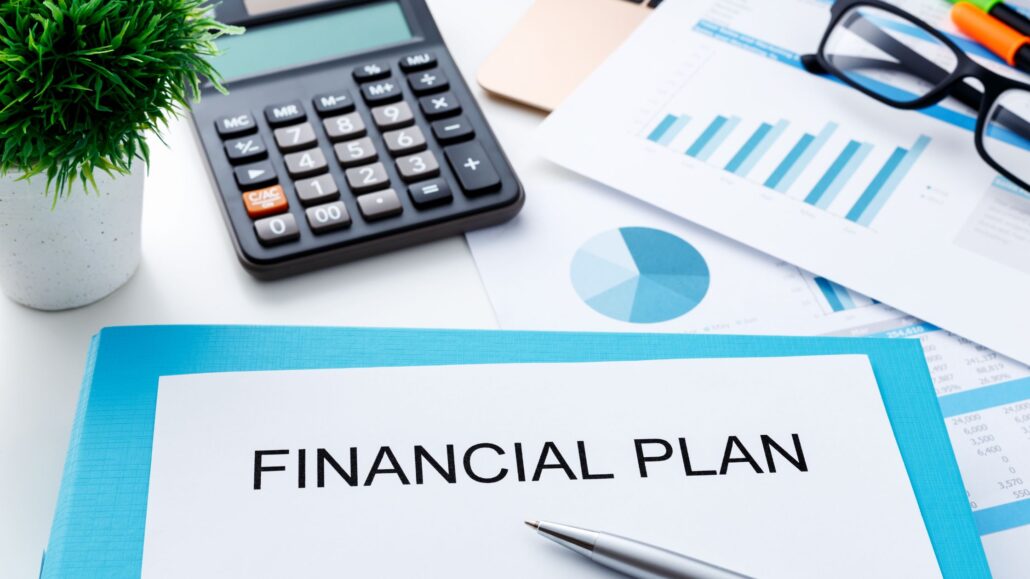This post may contain affiliate links.We may earn little commission or products from the companies mentioned in this post.
Whether you just landed your first big job or have been working for a while now. It is never too late to start making proper plans for your money. Money is not the easiest thing to manage. However, setting goals keeps you focused and on track. Every personal finance plans are good at least you are changing your money mindset. However, there are reasonable personal finance plans that will help you now and years later into the future.
Here are 20 good financial goals to set not only in your twenties but the moment you start earning an income.
1. Building an emergency fund to cover unexpected expenses.
An emergency fund is an essential part of any financial plan as it provides a safety net in case of unexpected expenses or income loss. Here are the steps to build an emergency fund:
- Determine your emergency fund target: A good rule of thumb is to aim for three to six months’ worth of living expenses. Calculate your monthly expenses, including rent/mortgage payments, utilities, food, transportation, and any other regular bills.
- Open a separate savings account: Open a separate savings account specifically for your emergency fund. This will make it easier to track your progress and avoid dipping into the funds for non-emergency expenses.
- Set up automatic contributions: Set up automatic contributions to your emergency fund savings account each month. This way, you won’t have to remember to manually transfer money, and you can build up your emergency fund gradually over time.
- Cut expenses: Look for ways to reduce your expenses so that you can put more money toward your emergency fund. Consider cutting back on dining out, subscription services, or other non-essential spending.
- Increase income: Look for ways to increase your income, such as picking up a side job or selling unwanted items. This extra income can go directly into your emergency fund.
- Use windfalls: If you receive a windfall, such as a tax refund or bonus, consider putting some or all of it into your emergency fund.
- Keep it separate: Once you have built up your emergency fund, make sure to keep it separate from your other accounts. This will help ensure that you only use the funds for emergencies and not for everyday expenses.
2. Paying off high-interest debt, such as credit card debt.
Paying off high-interest debt should be a priority for anyone who is carrying balances on credit cards, personal loans, or other high-interest loans. Here are some steps you can take to pay off high-interest debt:
- Organize your debts: Make a list of all your debts, including the balance, interest rate, and minimum monthly payment.
- Prioritize high-interest debt: Focus on paying off the debt with the highest interest rate first. This will save you the most money in interest charges over time.
- Make extra payments: Pay more than the minimum monthly payment whenever possible. This will help you pay off the debt faster and reduce the amount of interest you pay over time.
- Consider a balance transfer: If you have high-interest credit card debt, consider transferring the balance to a credit card with a lower interest rate. Just be sure to read the fine print and understand any fees associated with the balance transfer.
- Avoid taking on more debt: While you’re paying off your high-interest debt, avoid taking on more debt. This will only make it harder to pay off your existing debt and could lead to a cycle of debt that is difficult to break.
Paying off high-interest debt can take time and effort, but it is an important step toward achieving financial stability and reducing financial stress. By making a plan and staying committed to your debt repayment goals, you can become debt-free and on your way to achieving your other financial goals.



